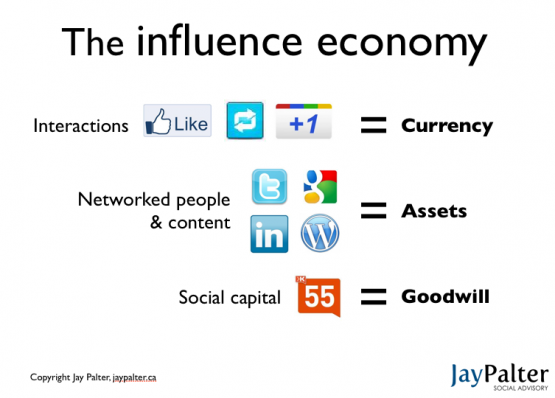THE VALUE OF A LIKE – The Game Is To Be Sold Not Told (PH SOCIAL ECONOMICS STUDY 2014)

Socioeconomics
Socioeconomics (also known as socio-economics or social economics) is the social science that studies how economic activity affects social processes. In general it analyzes how societies progress, stagnate, or regress because of their local or regional economy, or the global economy.
Overview
Socioeconomics is sometimes used as an umbrella term with different usages. The term ‘Social economics’ may refer broadly to the “use of economics in the study of society.” More narrowly, contemporary practice considers behavioral interactions of individuals and groups through social capital and social “markets” (not excluding for example, sorting by marriage) and the formation of social norms. In the latter, it studies the relation of economics to social values.
Source (Read More): http://en.wikipedia.org/wiki/Socioeconomics

Theory Of Value (Economics)
“Theory of value” is a generic term which encompasses all the theories within economics that attempt to explain the exchange value or price of goods and services. Key questions in economic theory include why goods and services are priced as they are, how the value of goods and services comes about, and for normative value theories how to calculate the correct price of goods and services (if such a value exists). Theories of value fall into two main categories:
Intrinsic (objective) theories
Intrinsic theories, as the name implies, hold that the price of goods and services is not a function of subjective judgements.
Subjective theories
Subjective theories hold that for an object to have economic value (a non-zero price), the object must be useful in satisfying human wants and it must be in limited supply. This is the foundation of the marginalist theory of value. In the context of explaining price, the marginal utility theory is not a normative theory of value.
In either case what are being addressed are general prices, i.e. prices in the aggregate, not a specific price of a specific good or service in a given circumstance. Theories in either class allow for deviations when a particular price is struck in a real-world market transactions, or when a price is set in some price fixing regime.
Source: http://en.wikipedia.org/wiki/Theory_of_value_%28economics%29

Social Capital
In sociology, social capital is the expected collective or economic benefits derived from the preferential treatment and cooperation between individuals and groups. Although different social sciences emphasize different aspects of social capital, they tend to share the core idea “that social networks have value”. Just as a screwdriver (physical capital) or a university education (cultural capital or human capital) can increase productivity (both individual and collective), so do social contacts affect the productivity of individuals and groups.
Source (Read More): http://en.wikipedia.org/wiki/Social_capital
Moral Of The Story (Solution)
A different perspective to consider.



